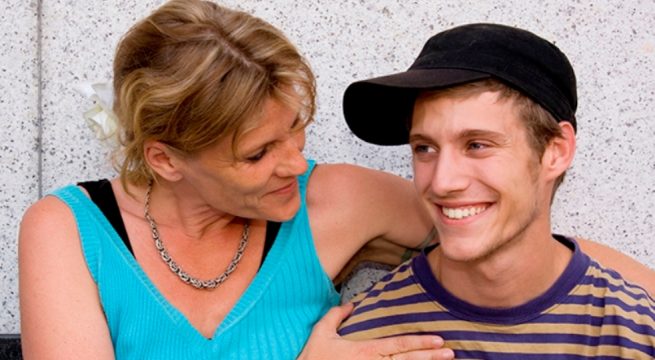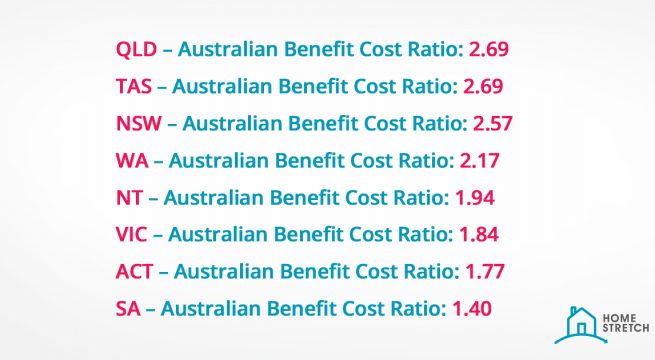
The Home Stretch – An Australia wide analysis
The Home Stretch campaign continues the push to extend the age of support given to young people living in state care to twenty-one years of age, in the face of current practice where every Australian state and territory drops support for young care leavers once they turn eighteen. For every child and young person who reside in h residential, foster care and kinship care around the country three extra years of support could make a world of difference.
We know that without ongoing financial, emotional a social support, young care-leavers may find themselves experiencing a multitude of issues including homelessness, unemployment, mental health problems and financial stress. The reality is without support young people leaving state care are too often left to go it alone. .
Anglicare Victoria commissioned Deloitte Access Economics to conduct a report, ‘Raising our children: guiding young Victorians in care into adulthood,’ (2016). This report provides a cost and benefit analysis focusing on the cost of young people leaving care and how this cost imposes a financial burden on state and territory and federal Governments. By extending the age of state care to young people to 21 years, not only would this give them a chance at a successful future, it also makes economic sense, saving the Government money and lessening the social welfare burden long-term.
As part of the report, a complete Australian State and Territory comparison was conducted. The findings show that for every dollar spent on extending support to age 21, the community would save between $1.40 and $2.69, depending on the State.
The Victorian saving would be $1.84 and the NSW saving would be $2.57. The annual cost of continuing foster care or kinship care in Victoria would be $25,000 per person annually, according to the study, however the benefits would be $37,000.
There would be many benefits across all Australian states and territories should care be extended for young people in care. These benefits may include improved access to education, employment, improved housing stability, reduced interaction with the justice system, improved access to healthcare and reduced incidence of alcohol and/or drug dependence.
Although there are costs associated with extending care, the benefits would outweigh these costs. For example, the Deloitte report notes that running an OOHC program in the Northern Territory was the most expensive in Australia at $52,351.66 however this was offset by large savings in reduced housing support as a benefit of extending care.
Below is a full state comparison.

(Note: The benefit to cost ratio can be interpreted as the expected dollar of value returned per dollar invested in the program in either savings or income.)
Overall, the Deloitte report stated that if Australia’s States and Territories extended their support to the age of 21, this would contribute to positive economic returns nationally. Overall, for every state there would be an average saving of $2.13.
Find out more about the report’s findings and the interstate comparison more in depth.
